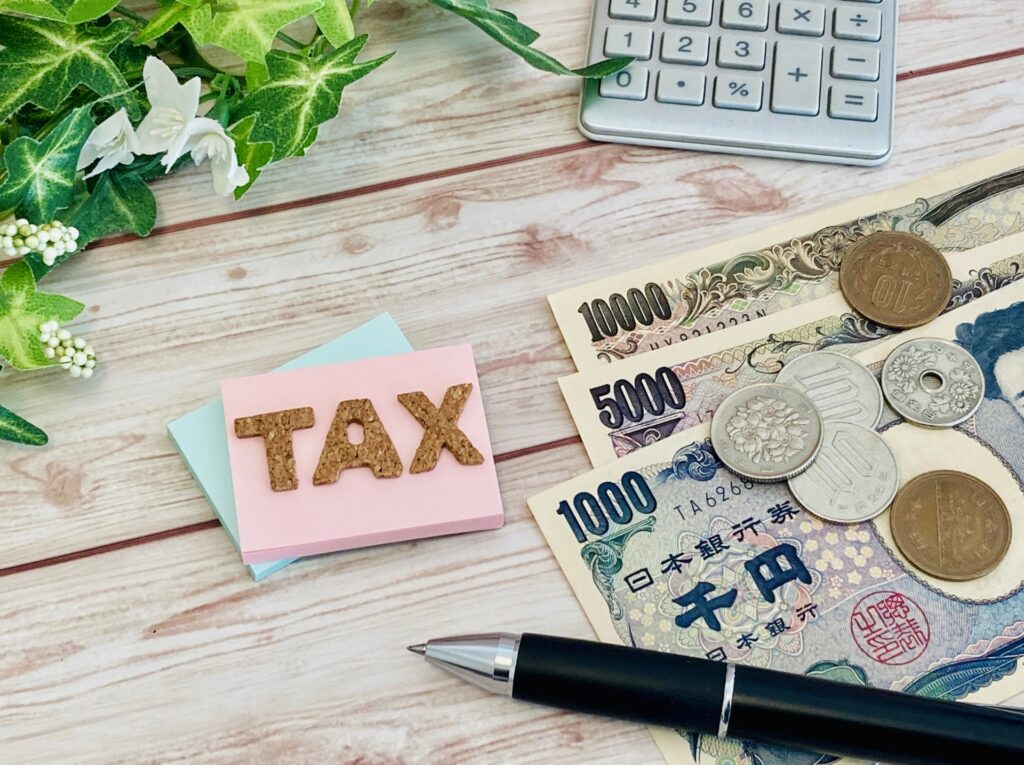It is that time of the year again! We need to file and pay income tax. Unless you work for an employer who takes care of your income taxes, say, if you run your own business or work freelance, the responsibility of reporting the amount of your yearly income to the government and paying income and resident tax accordingly falls on you. Plus, even if you are an employee, your employer would not know all the deductions of which you are eligible, so it is worth reviewing the tax filing procedures and requirements.
As a starter, we compiled a list of resources below that may give you a head start!

In addition, many municipalities are hosting sessions with tax accountants who can review your situation and give you advice, and the National Tax Agency’s office in each locality will be open to assist taxpayers face-to-face during their office hours. So, it would be worth checking out their websites (and possibly arranging a visit with an interpreter).
Information Links for Preparing and Filing Kakutei Shinkoku (Final Tax Return)
Self-employed people earning more than 20 million yen a year are required to file their own taxes. We have compiled here a few helpful websites with explanations in English about the process.
If you are uncertain whether you need to file your taxes, this link explains it well – https://www.nic-nagoya.or.jp/en/living-in-nagoya/living-information/living_information/2024/03150909.html *
This is a list compiled by the National Tax Agency with information regarding taxes in general.
https://www.nta.go.jp/english/taxes/individual/gaikoku301.htm
It is recommended to read the sections here in order to understand the tax system in Japan and the rules for residents, non-residents and other foreigners with an income in or outside of Japan.
Specifically this link https://www.nta.go.jp/english/taxes/individual/12018.htm details who is required by law to submit the final tax Return (Kakutei Shinkoku).
This is the official handbook in English published by the National Tax Agency.
https://www.nta.go.jp/english/taxes/individual/pdf/incometax_2023/01.pdf
It would be best to try and read it through, but it is very long! This link – https://www.nta.go.jp/english/taxes/individual/incometax_2023.htm – breaks down the guide into sections allowing for a smoother way to read the information and learning about how to file your taxes.
From this year, you are able to file your tax returns on-line. Here is the link in English detailing the process for submitting your information online. https://www.nta.go.jp/taxes/shiraberu/shinkoku/tebiki/2023/pdf/061.pdf
This information is also available in other languages such as Chinese, Korea, Vietnamese, Portuguese and Nepalese – https://www.nta.go.jp/taxes/shiraberu/shinkoku/tebiki/2023/foreigner/index.htm
This link provides information about how one actually pays the tax they owe, there are many very convenient ways of payment – https://www.nta.go.jp/english/tax_payment/pdf/001.pdf
Here is also some information for those who have not been able to process their tax returns by the due date (usually March 15) – https://www.nta.go.jp/english/tax_payment/pdf/002.pdf
The following link – https://www.nta.go.jp/english/taxes/call_center/index.htm – Provides information about the local tax call centers but more importantly note their caution to be wary of suspicious calls asking for the payment. As is written in the link- the national agency never asks for transfers to be made by bank transfer to a specific bank account.
* Note the information in the link below about medical bills exceeding 100,000 yen- you may be eligible for a tax refund if the total of your medical bills (including over-the-counter medicine and public transportation taken to/from clinics and hospitals) for the whole year (after subtracting the amount paid by insurance) exceeded this amount.
See P14-17: https://www.nta.go.jp/english/taxes/individual/pdf/incometax_2023/12.pdf